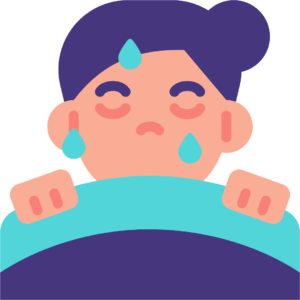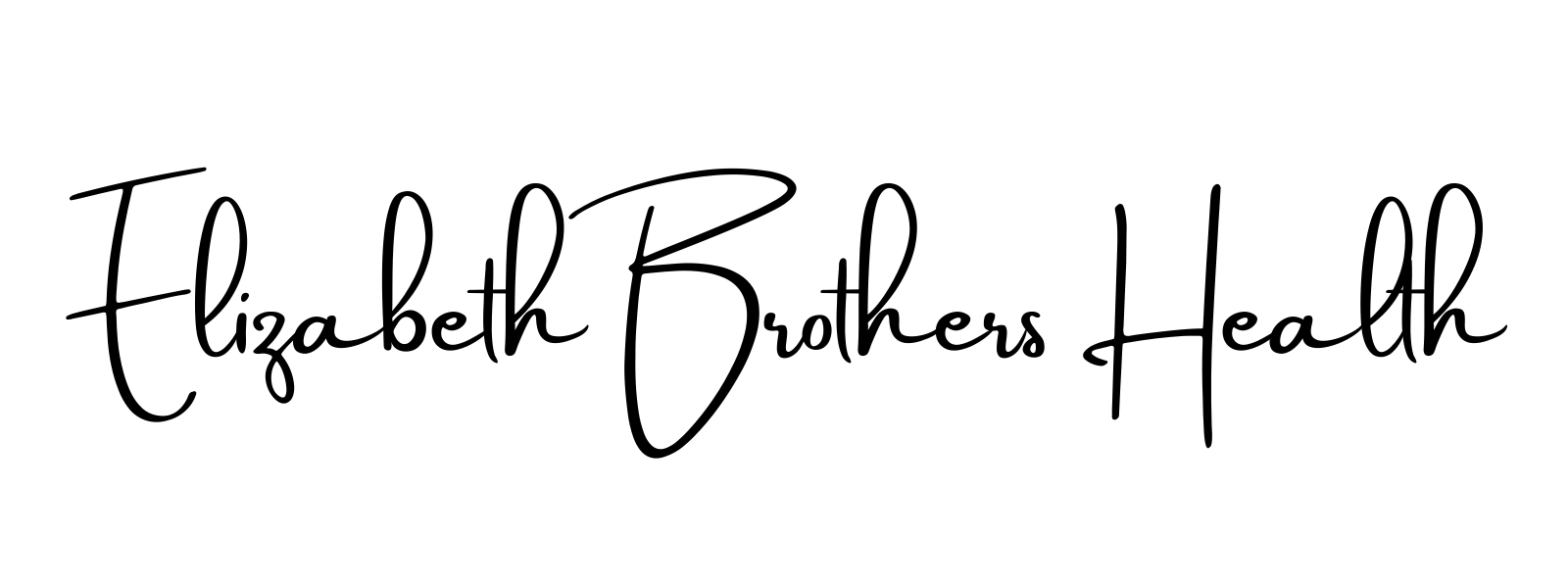(*NONE OF THIS IS MEANT TO BE MEDICALLY DIAGNOSITC. THIS IS FOR EDUCATIONAL PURPOSES ONLY. IF YOU FEEL LIKE YOU HAVE ANY OF THESE SYMPTOMS, PLEASE CONTACT YOUR MEDICAL PROFESSIONAL*)
I can’t tell you how many times I’ve heard or read some variation of the question:
“Why are my hormones all over the place?”
Many of us feel like our hormones are in complete chaos, and causing all sorts of problems in our body.
Believe me, I’ve felt that way too.
My goal in doing this is to educate and empower. I want you to understand what’s going on in your body, to have the information you need to make decisions or choices that you need to make, and to be able to know what changes to make to feel better.
Don’t worry, I’m not going to teach you about every single hormone in your body.
We are not endocrinologists!
But I will teach you about the ones to watch out for, what to be aware of, and what you have the power to work on yourself!
The good news is that the approaches to work on for most of these are almost exactly the same! You’ll see why when we get into the details.
Today we’re going to dive into the specifics of estrogen.
We think of estrogen as a female hormone, but that’s not true. Males and females both have estrogen, just in different amounts. Estrogen is dominant in women.
In women, estrogen is one of many sex hormones in the body. It starts being produced by the ovaries during puberty, and declines with menopause. It fluctuates during the month, during your menstrual cycle, and it fluctuates over your life, decreasing as menopause starts.
High Estrogen
What symptoms might you experience if your estrogen levels are too high? They can vary, but might include:
- Breast cysts
- Uterine fibroids
- Ovarian cysts
- PMS symptoms – breast tenderness, bloating, mood swings, fatigue, depression, insomnia, and more
- Endometriosis
- Polycystic ovarian syndrome (PCOS)
- Headaches
- Depression & anxiety
- Estrogen can really interact with other hormones like insulin, cortisol, and thyroid hormones which can cause symptoms in those realms too (to be explained in another video)
- High levels of estrogen may cause low melatonin (sleep problems), and low thyroid function (to be explained later)
- There are some cancers linked to high levels of estrogen – some types of breast, ovarian, and uterine
- The more estrogen a woman is exposed to in her life, the higher the likelihood of E-dependent cancers
Low Estrogen
What symptoms might you experience if your estrogen levels are too low? This can happen at anytime during your life, but estrogen declines during menopause
- Infertility
- Amenorrhea
- Osteoporosis
- Symptoms of menopause like sleep disruptions or hot flashes

How to Optimize Your Estrogen Levels
These recommendations will be a good place to start to optimize any hormones.
- Eat lots of brassica vegetables – broccoli, cauliflower, Brussels sprouts, cabbage.
- Exercise daily
- Focus on healthy fats, and not too many of them
- Healthy weight
- Ensure regular bowel movements – fiber, water, movement, lots of veggies
- Good sleep
- No bright lights late at night
- Appropriate supplements (which should be prescribed by an MD or an ND)
- 2 Tbsp of ground flax seed each day
- Phytoestrogens – phytoestrogens are a little bit magical. When your estrogen levels are high, these help to turn the estrogen signal down. When estrogen is low, they help to turn the signal up. They’re great for everyone to incorporate. My favorite phytoestrogens to recommend include: 2 Tbsp of ground flax seed each day, soy, and tofu (a type of fermented soy).
Liver Detoxification – your liver is there to detoxify your body. Liver detoxification will help keep not only estrogen, but ALL hormones, at their optimal levels. That’s what it does, and it does it REALLY well. But in some cases, it could be working better. Here’s how to keep your liver working at top level:
- Eat lots of brassica vegetables – broccoli, cauliflower, Brussels sprouts, cabbage
- Focus on a whole foods diet
- Exercising every day
- 2-3 L of water each day
- Limit caffeine and alcohol
- Fish oil supplementation
- Good sleep
- 2 Tbsp of freshly ground flaxseeds every day
- A multi B vitamin supplement – I don’t often recommend specific supplements here, but B vitamins carry low risk

Xenoestrogens
Xenoestrogens are things that are found in nature, that mimic estrogen in the body. These have become a big problem since they often show up with symptoms of too much estrogen, even if estrogen itself isn’t too high. But xenoestrogens are causing real hormone disruption in our bodies, and we’re only beginning to scratch the surface of that these are going to look like.
They are found in:
- Pesticides
- Plastics
- Pharmaceutical drugs
- Most man-made chemicals – paint, fire-retardants, PCBs, phthalates, BPA, etc.
How to limit your exposure to these:
- Avoid using plastic as much as possible. If you have to use it, don’t heat or freeze food in it. Glass is always better.
- Use natural skin care products as much as possible. Check out the Skin Deep database on Environmental Working Group (https://www.ewg.org/skindeep/) to find the skin care products that will have a minimal impact on your hormones.
- Avoid pesticide exposure as much as possible.
- Steer clear of traditional cleaning products and switch to green ones. Using things like vinegar, peroxide, baking soda, and essential oils can be great options. There are also a ton of green cleaning products that are now easily available as well.
Bone Health
Estrogen helps to build bone, and during your reproductive years, estrogen helps to keep bone health in balance. However, if estrogen levels are low, or once menopause hits, bone isn’t built up like it used to be, and the risk of osteoporosis increases.
There are things you can do to keep your bone health good, even after menopause.
- Focus on a whole foods diet with lots of veggies
- Strength training/weight bearing – this is one of the most impactful things you can do to keep your bones healthy. Strength training and weigh bearing activities help improve the formation of bone, no matter what age you’re at. The earlier you can start this in your life, the more prevention it will have against osteoporosis.
- Drink lots of water
- Use phytoestrogens like tofu and soy milk
- Make sure your vitamin D levels are optimal
- No smoking
- Avoid alcohol
- Check the side effects of your medications – some medications (such as prednisone or some hormonal birth control or chemotherapy) can increase your risk of osteoporosis.
Estrogen is just one hormone in a very complicated hormone puzzle. So stay tuned for more information on the various puzzle pieces. But here’s the thing – to really optimize every hormone, good sleep is key. So if sleep is something you need to get control of, book your free Sleep Assessment Call here, where I can give you some feedback and get you started on sleeping well.
